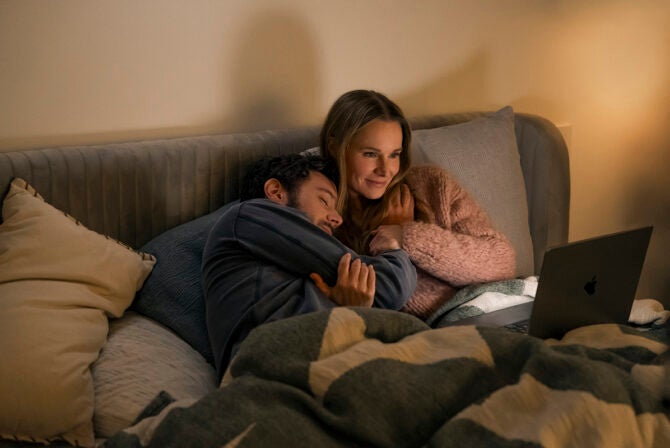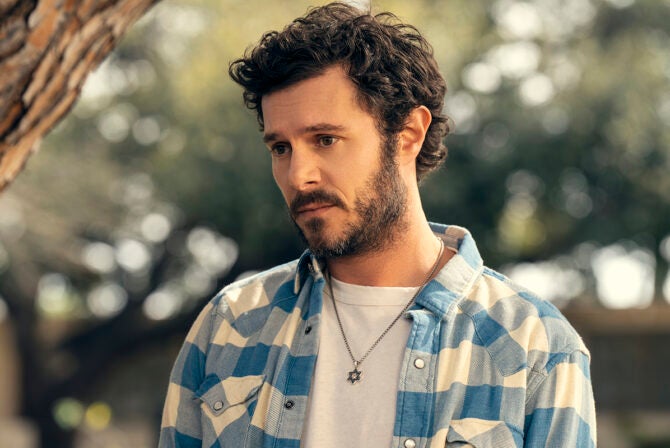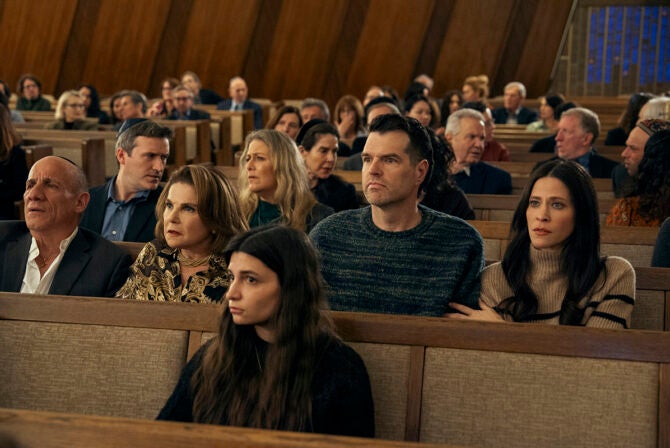I used to get catcalled walking between my elementary school and my dance studio, a distance of about four blocks. In middle school, when I was 12, 13, 14, grown men would honk or yell at me out the windows of their cars as they drove by. I didn’t know what to do, so I just pretended it wasn’t happening and kept walking. I certainly didn’t tell anyone.
When I was in high school, I walked with several other girls and the catcalling continued. We laughed about it, and some of my bolder friends yelled back, insulting their cars, their intelligence, and their (ahem) size. I walked close to the curb and let them handle it. I wanted to disappear.
I was one of those girls who developed early—and while boys my own age weren’t flocking to my side, grown men never hid their interest. I spent my teens feeling pulled in more directions than I knew how to articulate. I hated the attention, but I felt validated by it. It was the only positive attention I got from men, but it was for something I had no control over. I intimidated the boys I had crushes on but not their fathers. There was no winning. None of those men ever touched me, but the leering was obvious and the comments are hard to forget.
In my 20s, I tried to deny that I had a body, an odd stance for a dancer. I dressed in overalls and long loose dresses. I shaved my head. I had an army green pea coat that was especially androgynous and unflattering; I loved it.
I flirted with Orthodox Judaism early in my conversion process. There was something very freeing in acknowledging the politics of my female body. I would cover it up; I’d camouflage the bumps, that would solve the problem. If I could just be modest enough, my body would stop being an issue. It didn’t work—I still got leered at—but the idea that it might was very seductive. I’d wanted that control all along and maybe modesty, tzniut, was how I could get it.
It was a false promise. You see, I still walked home at night with my keys clutched between my white knuckles, I just had to shorten my stride.
None of the long skirts I bought during that period are still in my closet. Slowly I’ve gotten rid of them, their hangers taken over by blouses and slacks (you know you’ve reached a certain age when you start using the word slacks). No amount of mortification of the flesh via pantyhose was going to change the fact that my body, that all of our female bodies, are treated in this society as objects. Whether for display, for commentary, or for protection, they’re still objects.
At 40, two kids and many miles later, I feel more comfortable in my skin than I have since I was 10, before I hit puberty.
It’s taken those 30 years to own the shape I’m in and to feel confident enough to call out the misogyny or, at the very least, to know and name it (even if only in my own head) when it happens.
My daughter is fierce, she is fiery, she suffers no fools and sparing the feelings of adults is nowhere on her radar. She is hurtling headlong towards that age when she too will have to contend with a changing body and the politics of being female in this society.
I wish I could tell her that we’ve fixed this. I want to tell her that we’ve fixed this. But I can’t. Because people will still, sadly, put the burden on women.
Men, it’s on you. Parents of boys, it’s on us. Let’s fix this.







